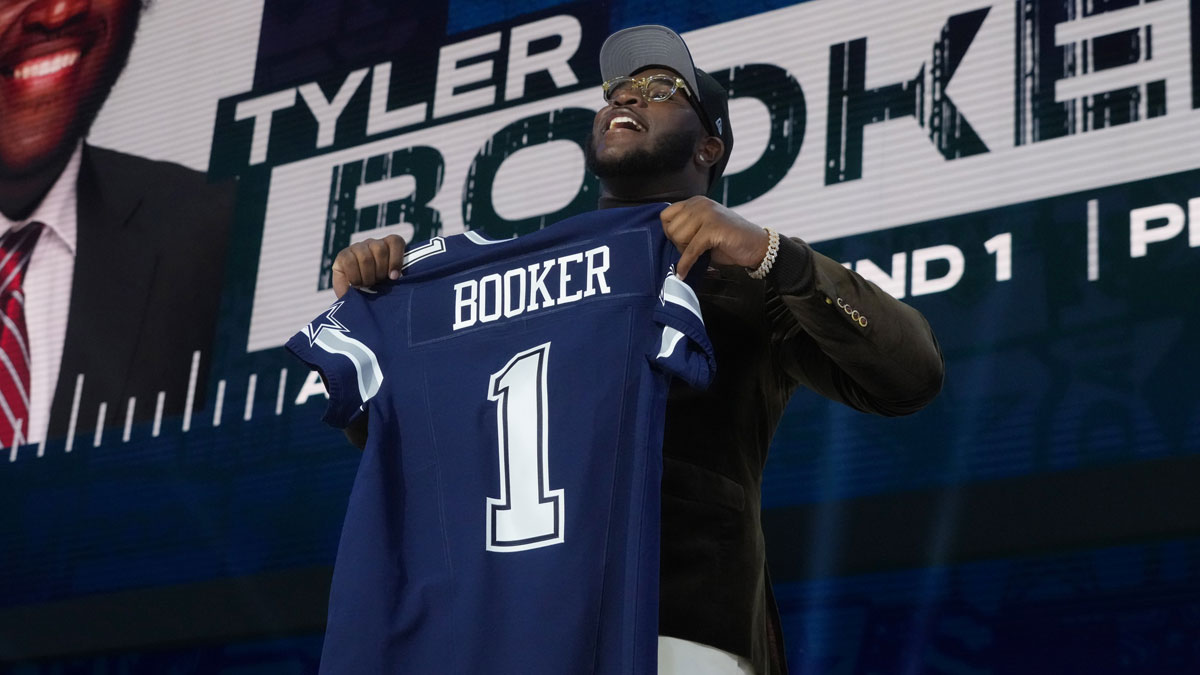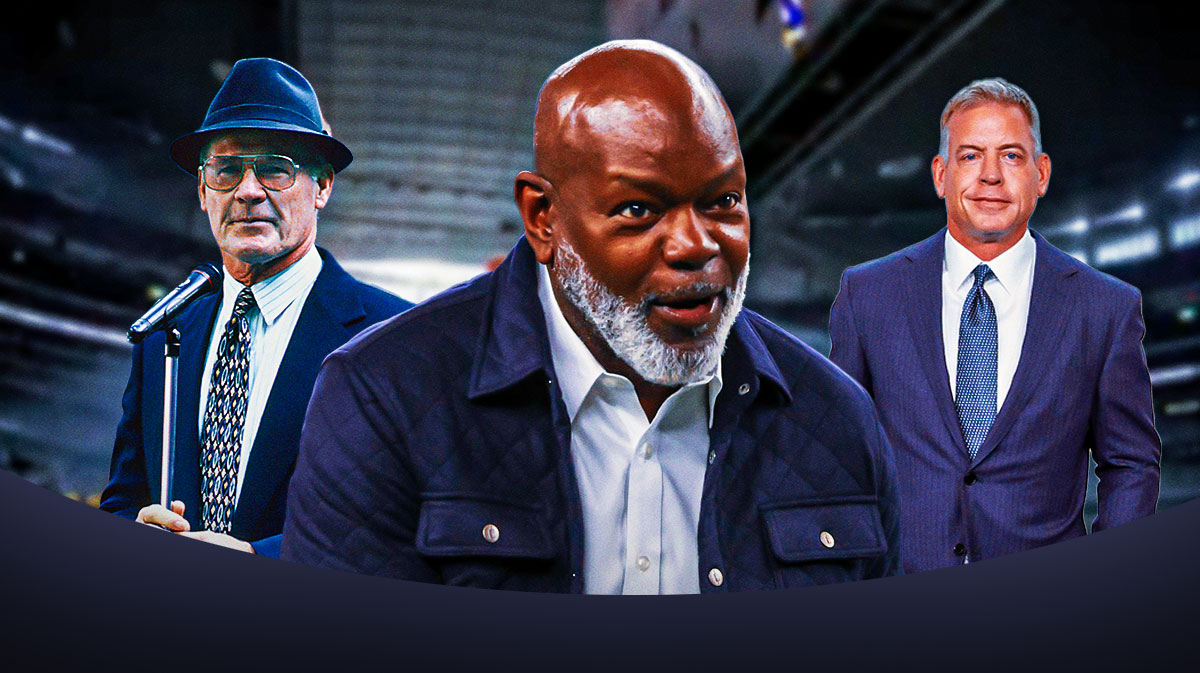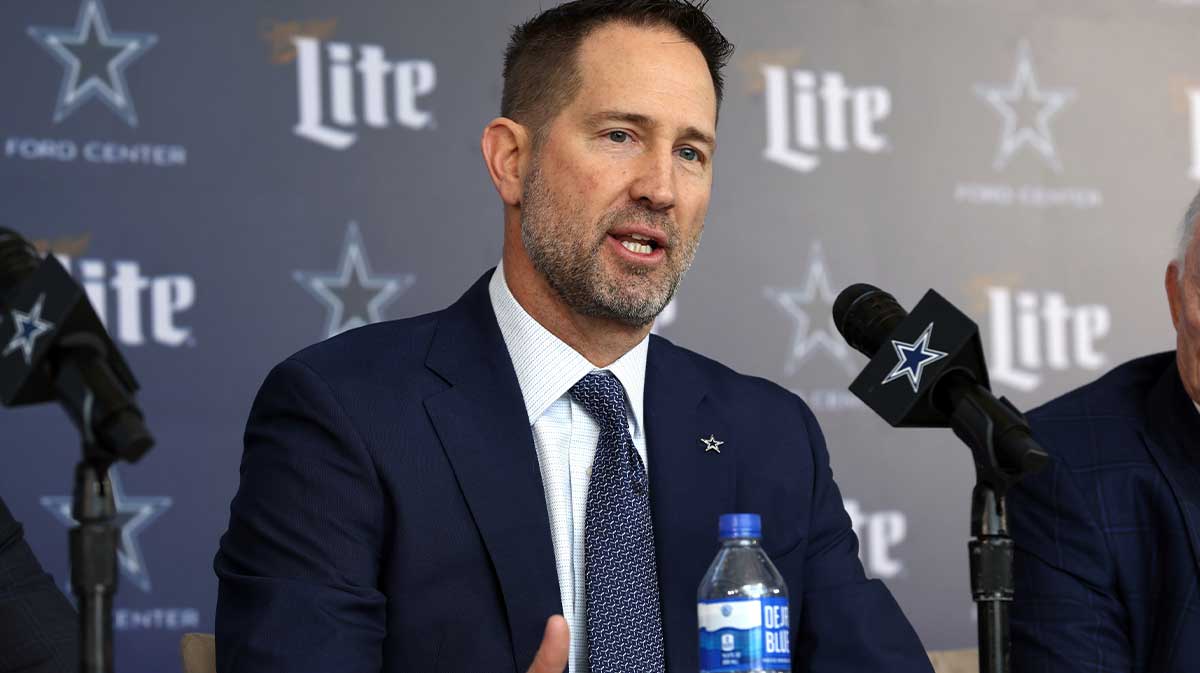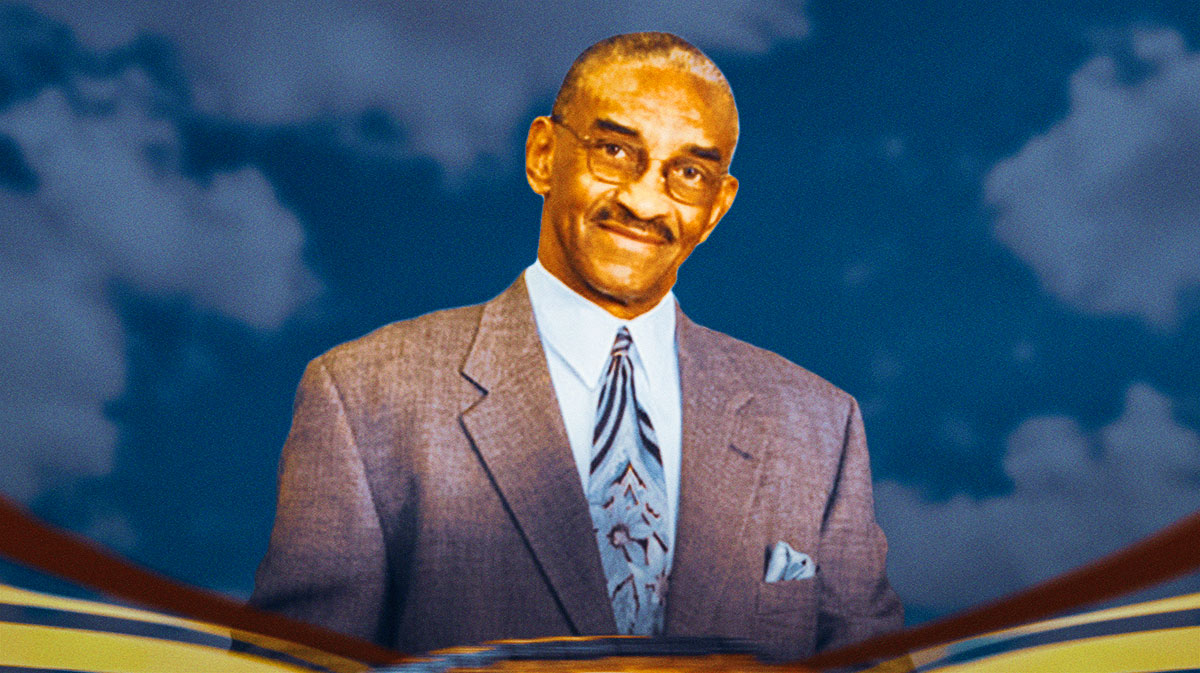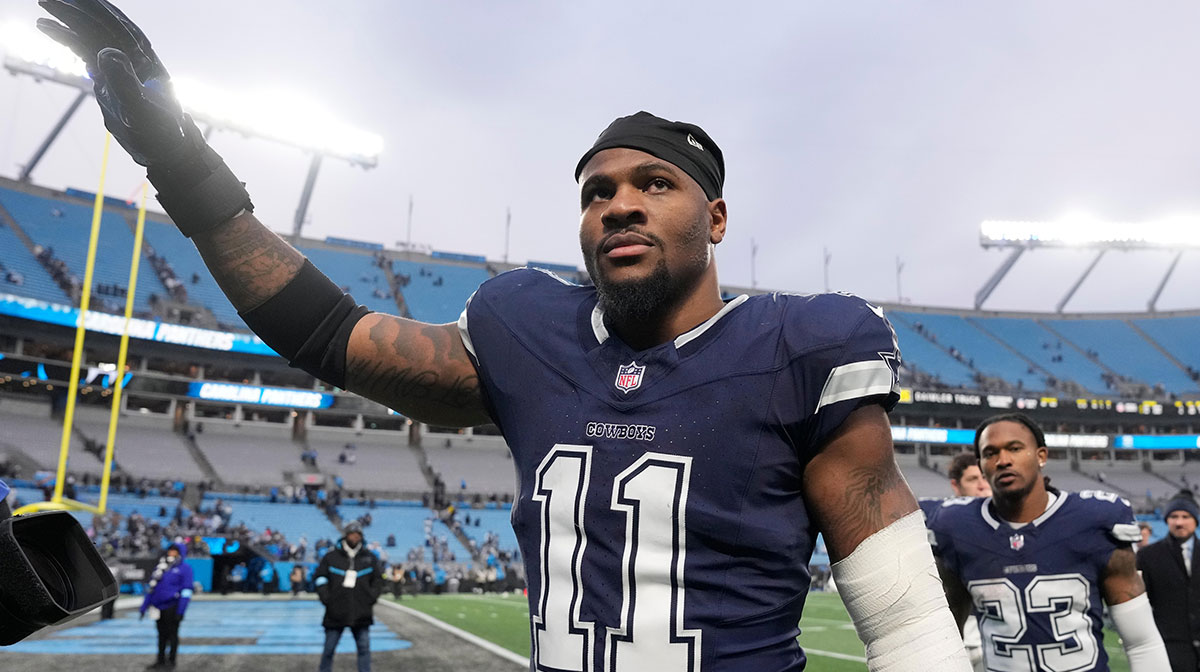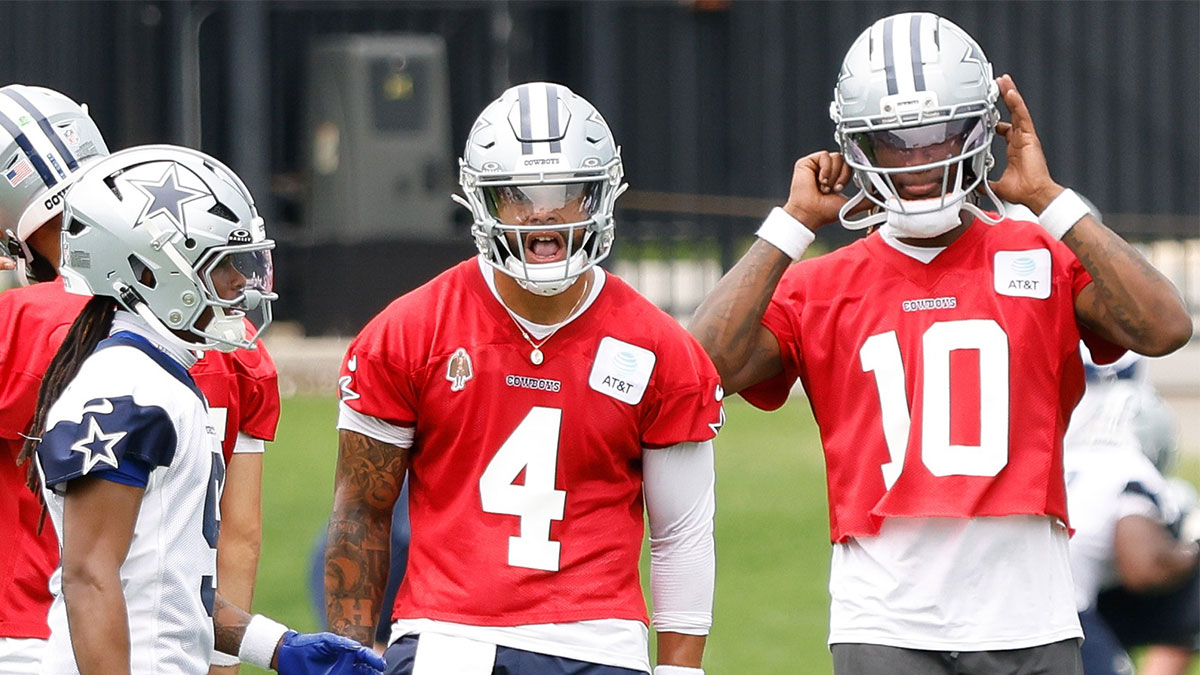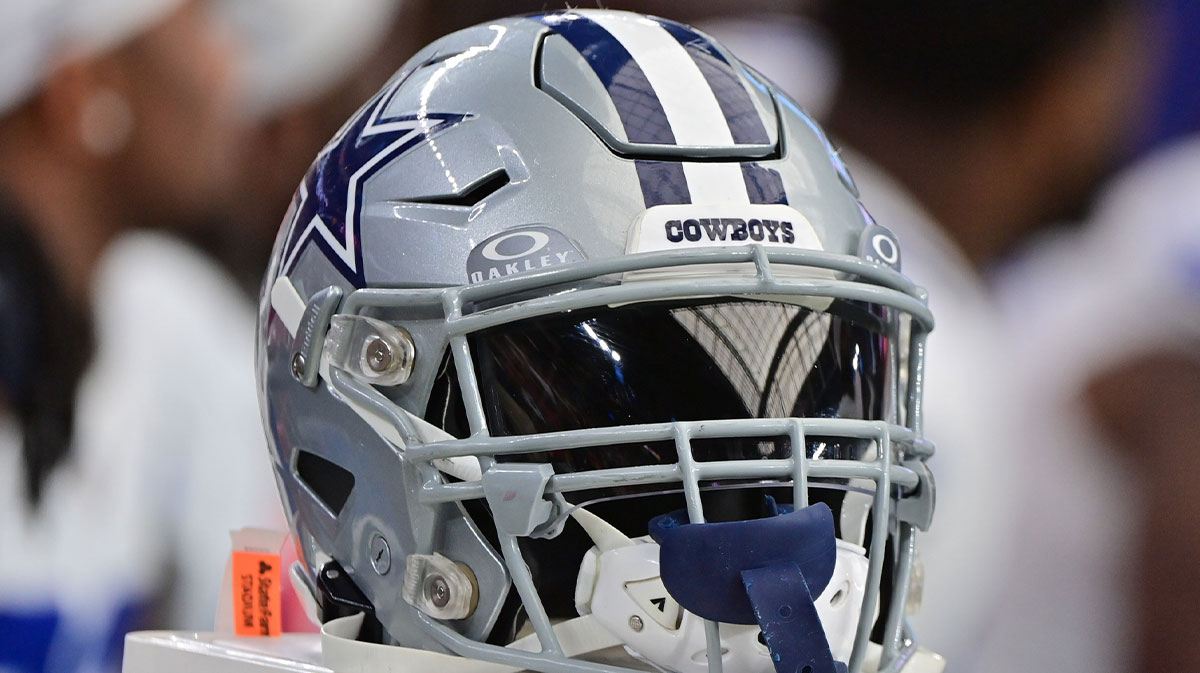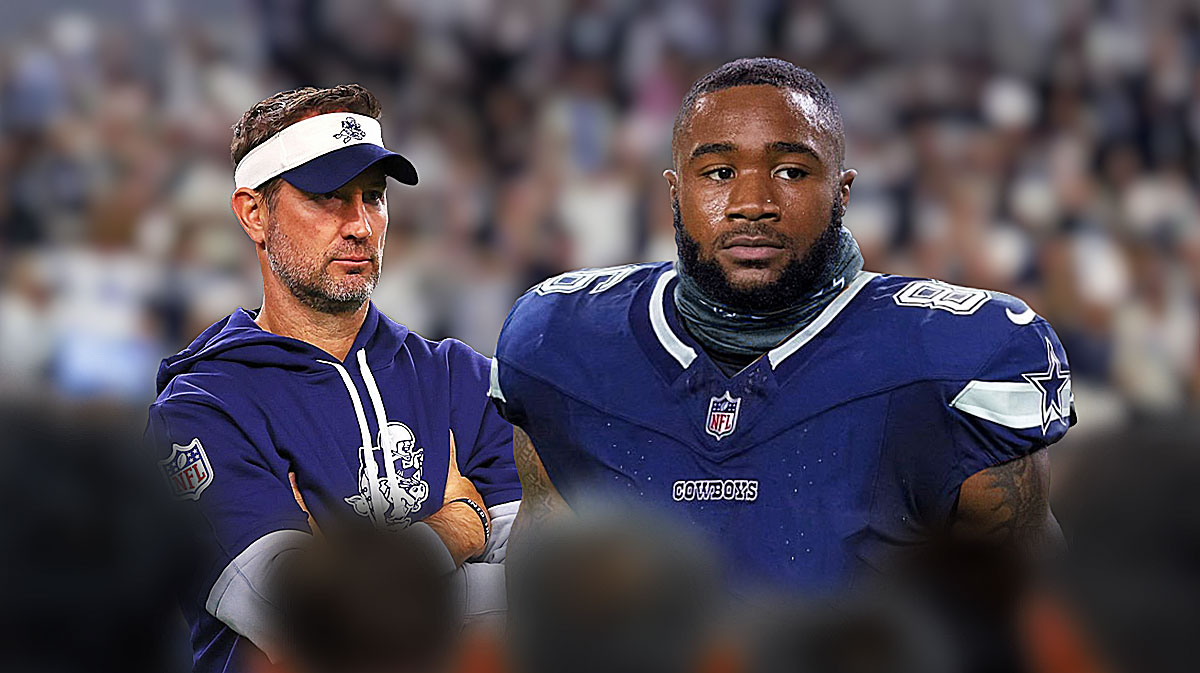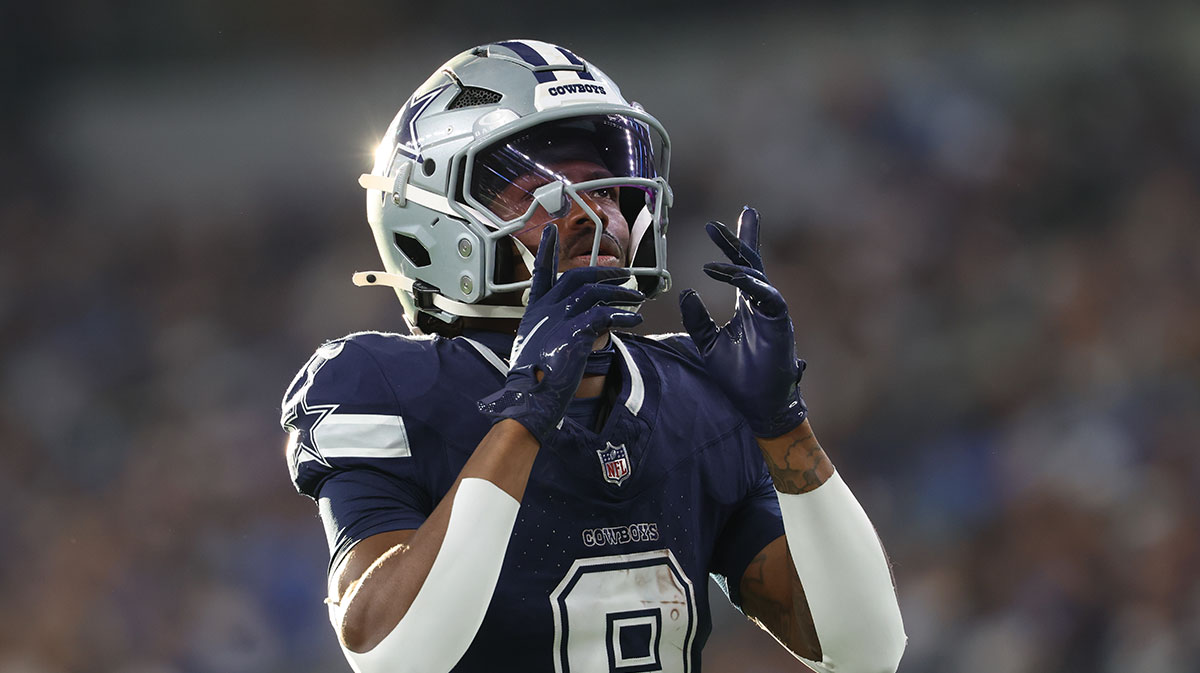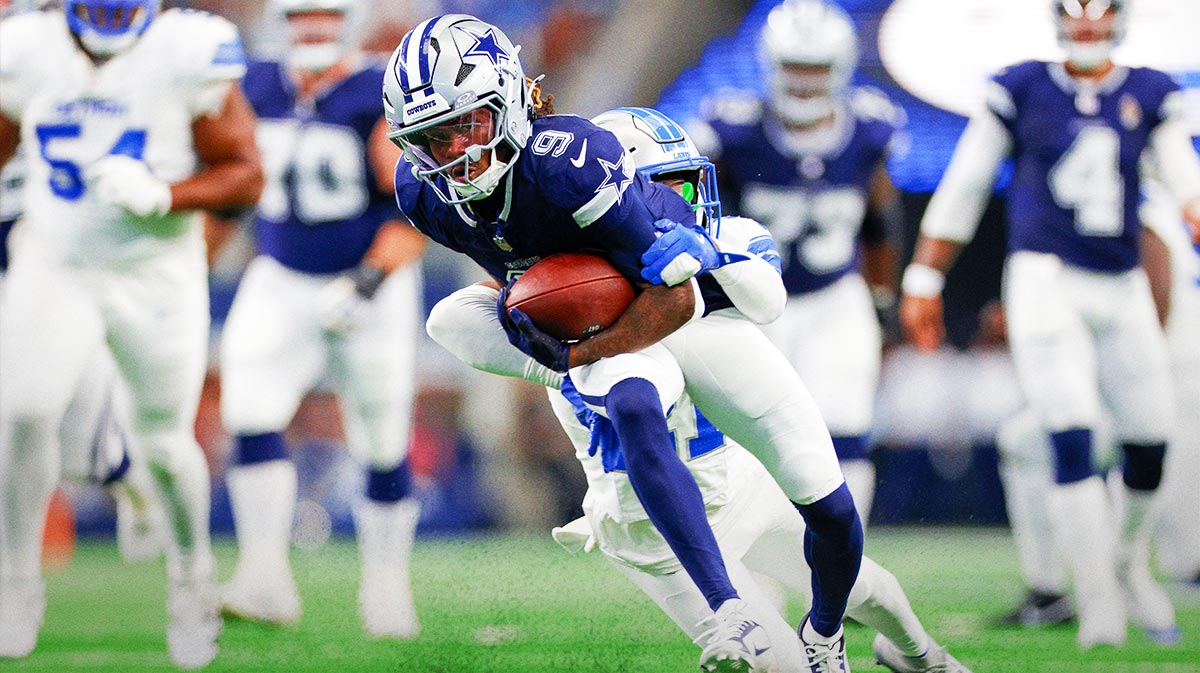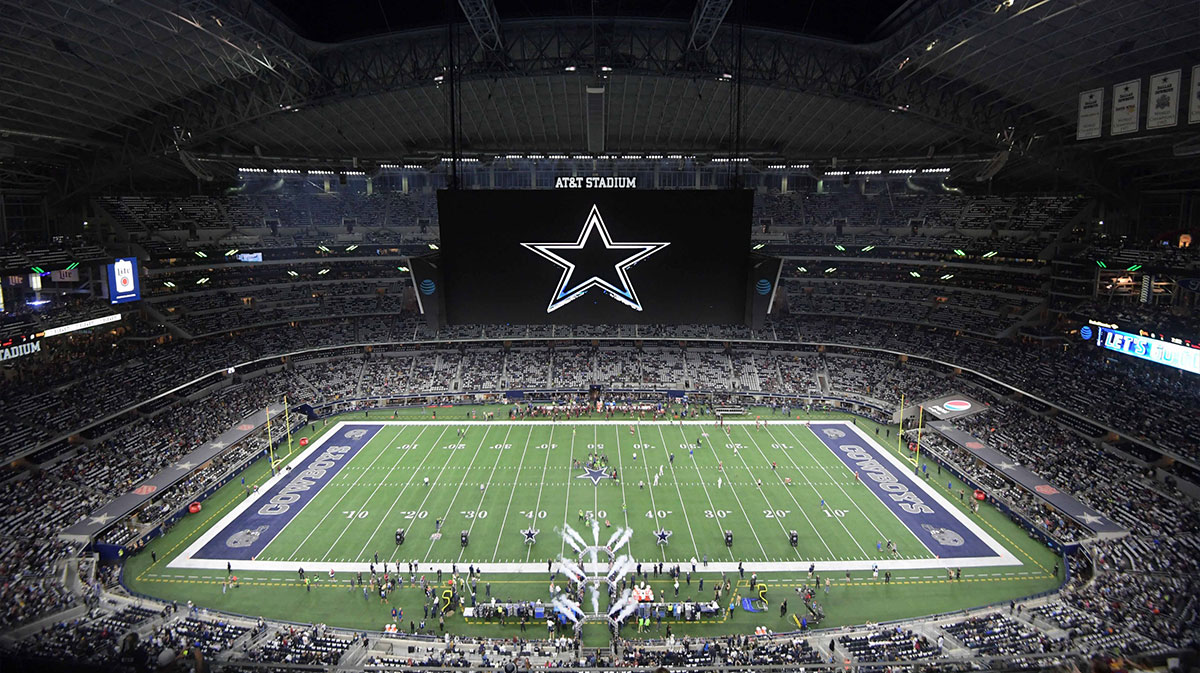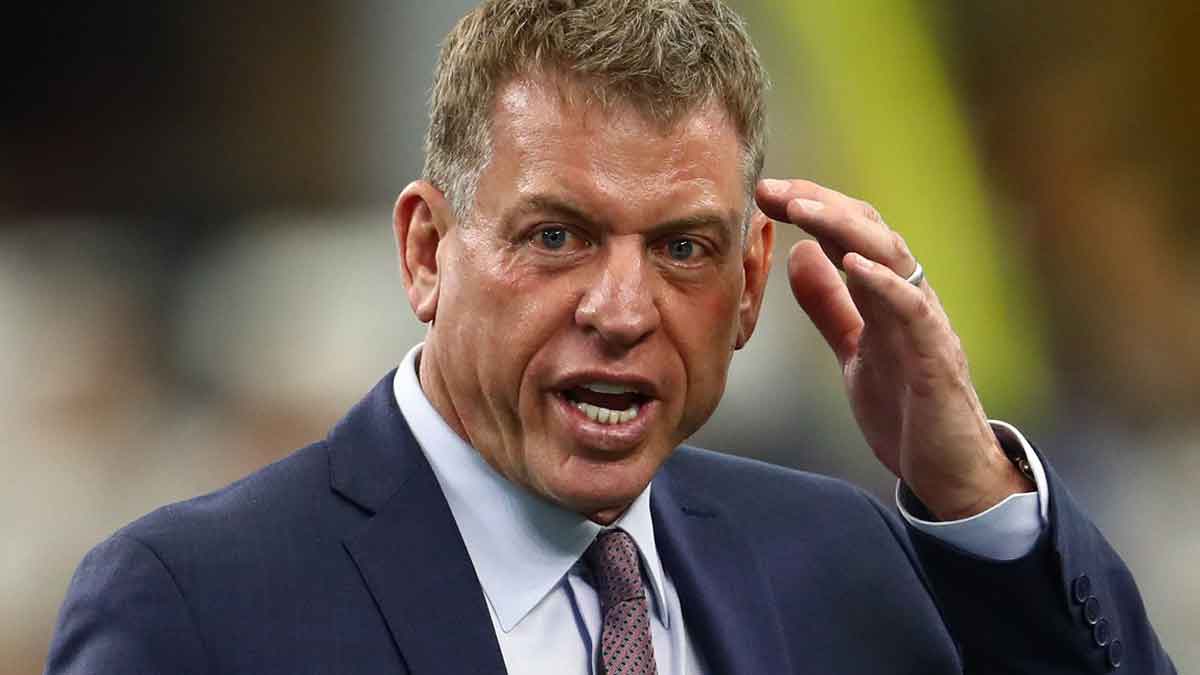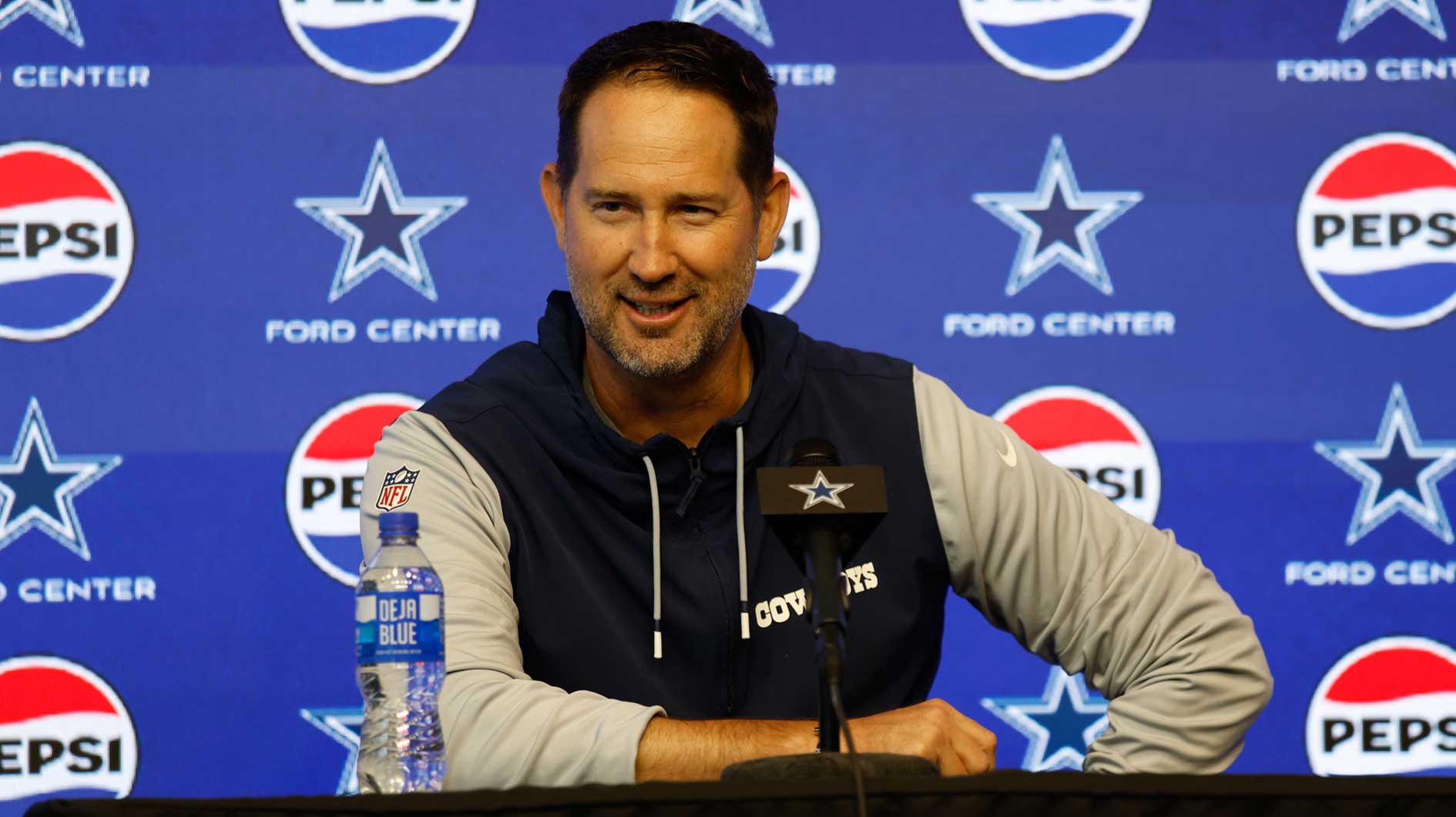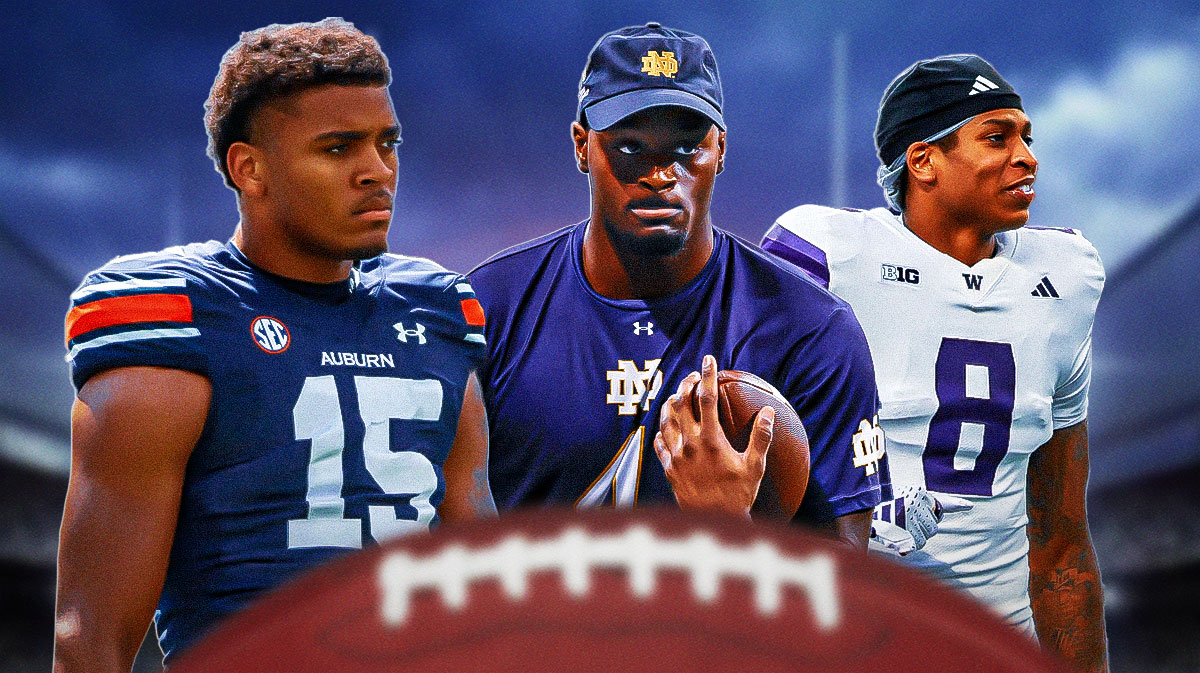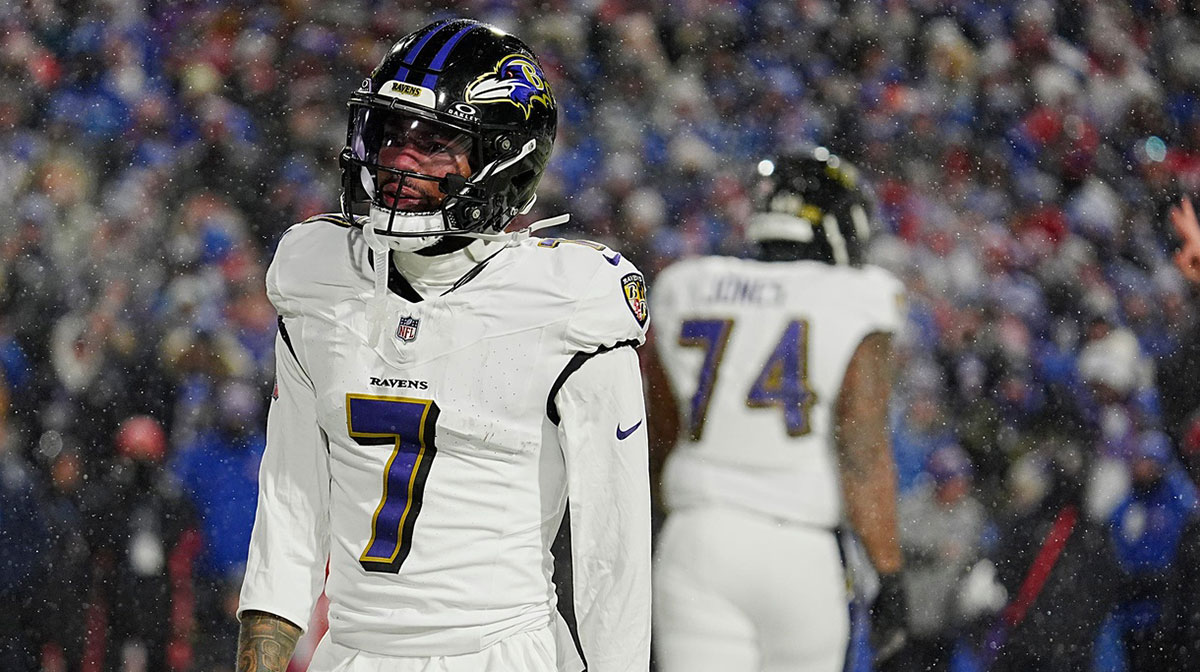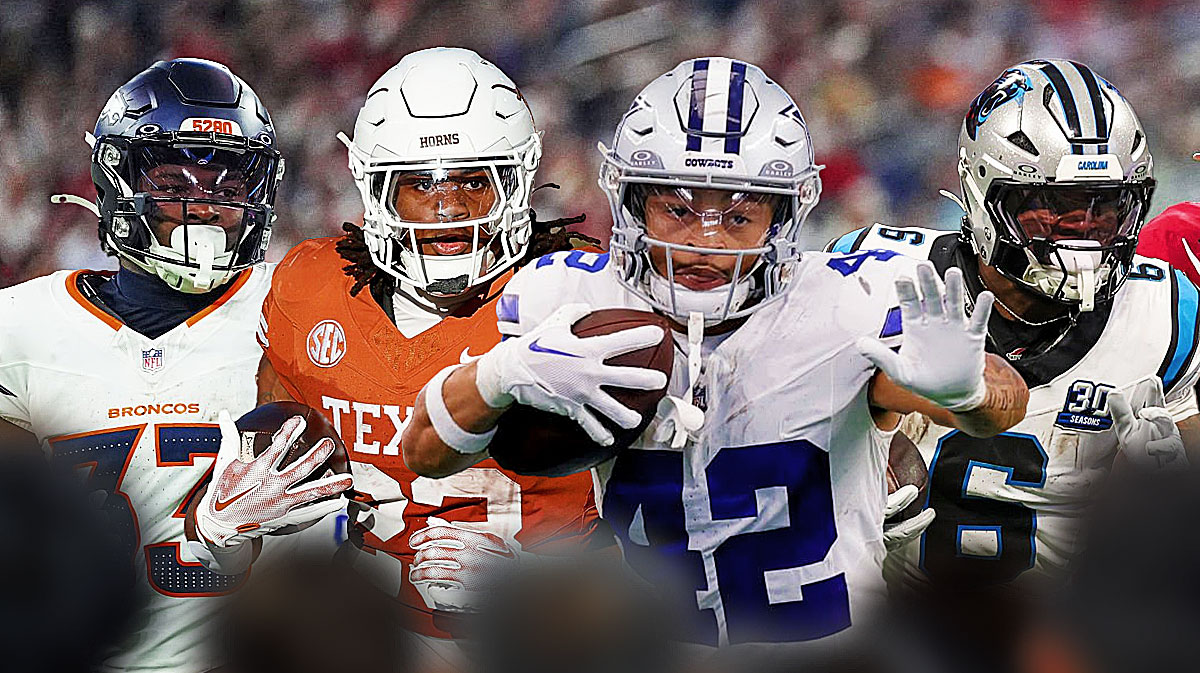On October 22nd, 2018, Jerry Jones and his Dallas Cowboys shocked the NFL world by trading a first-round pick to the Oakland Raiders for wide receiver Amari Cooper.
Many dubbed the Raiders as the immediate winners of the deal. At the time, Cooper’s career arch had turned from star to potential bust. But Dallas saw the star in him, and it showed instantaneously.
The Cowboys immediately reaped the benefits from the trade; morphing from a losing team to a playoff winner. But, in order to continue “winning” the deal, the team will have to lock the receiver up long-term.
However, it’s not going to be cheap. But, for the Cowboys, any price tag is worth it.
Here are three reasons why.
3. His superstar potential

The Raiders spent the No. 4 overall pick in the 2015 Draft on Amari Cooper for a reason. He’s, to this day, one of the most complete receivers to ever enter a draft pool.
Standing at 6-foot-1 and 211-pounds with a 4.41 40-time in the books, there are little doubts about his athletic profile. In addition, out of college, he possessed the route-running, and catch radius to back up his athleticism – he seamlessly was able to will his way open on nearly every route, if not, he could out-leap a defender.
Cooper’s athleticism, well-run route-tree, and catch radius translated immediately to the NFL, but so did his concentration drops. For a matter of fact, his drop issues were magnified at the next level. In his rookie and third season, the ‘Bama product led the NFL in drop rate. However, in his Pro-Bowl 2016 season, his issues (mostly) were resolved. Whether or not that was the case of the yips was a mystery.
Until he got to Dallas. Per InsideTheStar.com, on Cooper’s 31 regular season targets in Dallas, he dropped just three passes. His suddenly sticky hands combined with his athleticism and well-rounded game led to a rise in his stock. In Cooper's 11 games with the Cowboys (including playoffs), he caught 35 passes for 896 yards and seven touchdowns. His star-level play earned him his second career Pro-Bowl nod in 2018.
Cooper didn’t just light up box scores after his arrival in Dallas — he also proved to be an analytics wonder. Here are just a few tidbits from what the guys at Pro Football Focus have to say about his 2018 season.
- Prescott-Cooper passer rating: 121.5
- He led the NFL on wide receiver rating on slant routes by a wide margin. He caught 13 of his 16 targets and turned that into eight first downs and four touchdowns. His 156 WR rating on the slant route is nearly perfect.
- His overall grade from weeks 1-9 on the Raiders stood at 69.8. On the Cowboys, that jumped to 79.8. A ten-point bump is nothing to joke around about.
- On the Cowboys, his yards-per-route-run went from 1.39 to 2.22.
Remember, Cooper is just 24 years old. That’s younger than some high-profile second-year receivers. But, despite his age, in Dallas, he showed that he doesn't just have the potential to be a top receiver; instead, he already is one.
https://twitter.com/averydduncan/status/1133207053529489413
At the peak of his current game, Cooper is a borderline elite weapon. He's a top-five intermediate route-runner, is creative with his releases, can create after the catch and catches contested passes with the best of them. The Cowboys got to see that plenty last year.
But, the fact that he hasn't yet celebrated his 25th birthday should make the rest of the NFC East scared.
2. His impact on Dak Prescott

Like Cooper, quarterback Dak Prescott appears to be in the Cowboys' long-term plans. Though the Mississippi State product doesn’t possess the strongest or most accurate arm, he’s a good decision maker and has shown up in the biggest moments.
With that being said, he needs talent around him. That showed in his rookie 2016 year on the star-studded Cowboys; but in the next season, he struggled when the team around him was devoid of star position players.
The 2018 season continued to prove that Prescott needs high-level talent around him.
Before the trade for Cooper, the QB led the team to a 3-4 record and individually tallied 1,413 yards, an 8-4 TD-INT ratio, and an 87.4 passer rating on a 62.1% completion rate. In the nine regular season games after the trade, Prescott had a 7-2 record and tallied 2,468 yards, a 15-3 TD-INT ratio, and a 105.3 passer rating on a 71.2% completion rate.
It’s obvious that Cooper’s arrival took part in Prescott's mid-season bump in production and efficiency. It’s just as obvious that the Cowboys will lock up Prescott long-term. He’s led the team to two playoff births, two NFC East Championships, and a 32-16 record. But again, he needs talent around him.
If the Cowboys want to continue to reap the benefits of good quarterback play, extending Cooper would be in their best interest.
1. His advantageous leverage/Dallas can’t afford to lose him

We know that Amari Cooper is a good receiver, at least in Dallas, we also know that Dak Prescott is a significantly better quarterback with him on the field. This alone gives him leverage over the Cowboys in contract talks, but it’s not the only aspect to his advantage.
There is little doubt that the Cowboys paid a steep price to get Cooper. At the time of the trade, their first-round pick was extremely valuable as they had a sub .500 record. Luckily, Cooper proved his worth and helped the team to depreciate the value of said pick.
To continue to get proper value for the expensive price tag, the Cowboys must extend Cooper. As it currently stands, his contract runs out after 2020. Therefore, Cooper has all the leverage. Because, trading a first-round pick for a one and half year rental doesn’t tend to resonate with fanbases, no matter how good that rental is.
Cooper’s copious amount of leverage over the Cowboys could lead to the most expensive contract ever given to a receiver. The Adam Thielen four-year, $64 million extension should be the baseline for Cooper’s contract. Both are often considered as top-ten talents. But, Cooper’s age, effect on the Cowboys’ offense, and leverage should pass Thielen’s $16 million APY. It may even pass Antonio Brown’s $17.5 APY given to him by the Raiders.
But Cooper is worth his high-price tag for the Cowboys. The team simply can’t afford to lose him. Plus, the salary cap always rises, and the highest paid contracts are leaped yearly. Ideally, by the third or fourth year of Cooper’s new contract, he’ll be in his prime and playing on a then-affordable deal.
No matter the situation or how Jerry Jones looks at it, the Cowboys must make extending Cooper a priority.
Whatever that price may be, it will be worth it.

